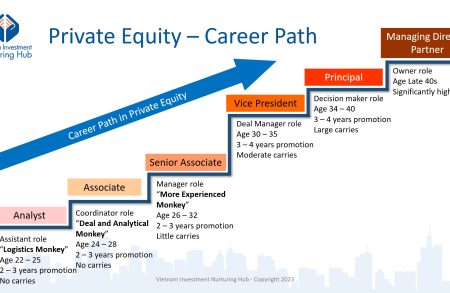08Nov
Experience in Private Equity (PE) – Investment Banking (IB) careers is considered as a powerful springboard for professionals aiming to transition into entrepreneurship, business leadership, or politics. The high-level skills developed in private equity, investment banking, and hedge funds—such as strategic planning, financial modeling, and negotiations—prepare PE – IB experts to make data-driven, calculated decisions in various arenas, thereby enhancing their prospects for success. Many individuals have successfully transitioned from PE – IB careers to become prominent entrepreneurs, businessmen, or politicians. Their stories highlight how expertise in private equity, investment banking, or hedge funds can be a powerful foundation for success in various fields.
Similarly, Michael Bloomberg, founder of Bloomberg LP, began his career at investment bank Salomon Brothers, where he learned the nuances of financial markets. Bloomberg used his experience to create Bloomberg LP, a financial data company that revolutionized Wall Street, and later applied his business acumen to his tenure as Mayor of New York City, where he managed complex budgets and urban development projects.
Another example is Jeff Bezos, founder Amazon. Bezos began his career in finance at hedge fund D. E. Shaw, where he gained an in-depth understanding of data-driven investment strategies and risk management. This background was pivotal when Bezos launched Amazon. His experience and expertise in finance, and his strategic thinking helped him understand market dynamics and risk management, the key factors to Amazon’s growth into one of the world’s largest companies.
More recently, also in France, Emmanuel Macron transitioned from an investment banking career at Rothschild & Co. to become the President of France. His tenure at Rothschild & Co., where he successfully led major deals, provided him with the expertise in negotiations and economic strategy that proved valuable in his presidency, particularly in handling France’s economic reforms.
These are just a few examples of individuals who have leveraged their expertise and experience in private equity, investment banking, and hedge funds to achieve success in other fields. The above examples emphasize that a foundation in finance and investment equips leaders with critical skills that are transferrable to entrepreneurship, business leadership, and politics. The rigorous training in financial analysis, market assessment, and corporate restructuring that professionals gain in private equity, investment banking helps them assess risks, develop long-term strategies, and foster relationships with stakeholders. This blend of skills and insights often makes the transition from finance to broader leadership roles not only possible but highly successful, as seen in the achievements of these prominent figures worldwide. As the financial industry continues to evolve, it is likely that more and more individuals will follow in their footsteps, using their expertise to write their own success story.
Source: PitchBook, The Guardian, interestingengineering.com, The New York Times, BBC, motherjones.com











